This month’s Common Time celebrates two years of the Daily Antidote of Song, sponsored and produced by Carpe Diem Arts.
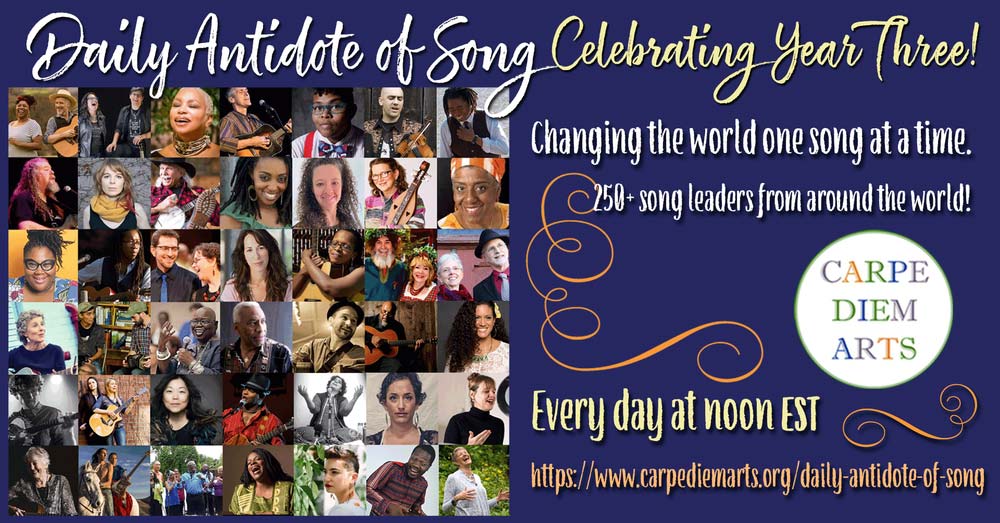

This month’s Common Time celebrates two years of the Daily Antidote of Song, sponsored and produced by Carpe Diem Arts.
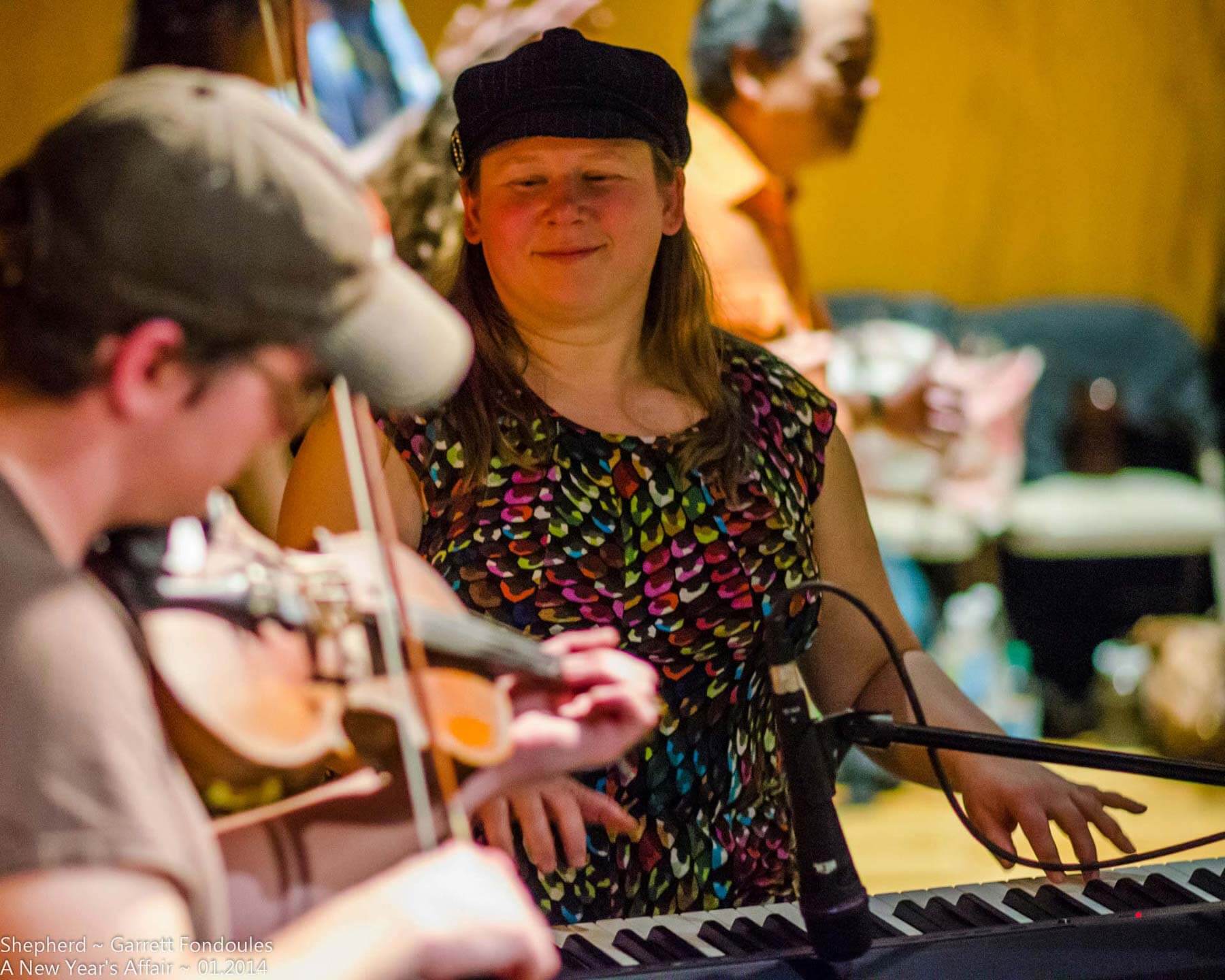
Join Julie Vallimont, host of Contra Pulse, as she talks shop with other contra piano greats Ann Percival, Amy Englesberg, and Bruce Rosen about their craft, technique, history, ideas, approach, and more.
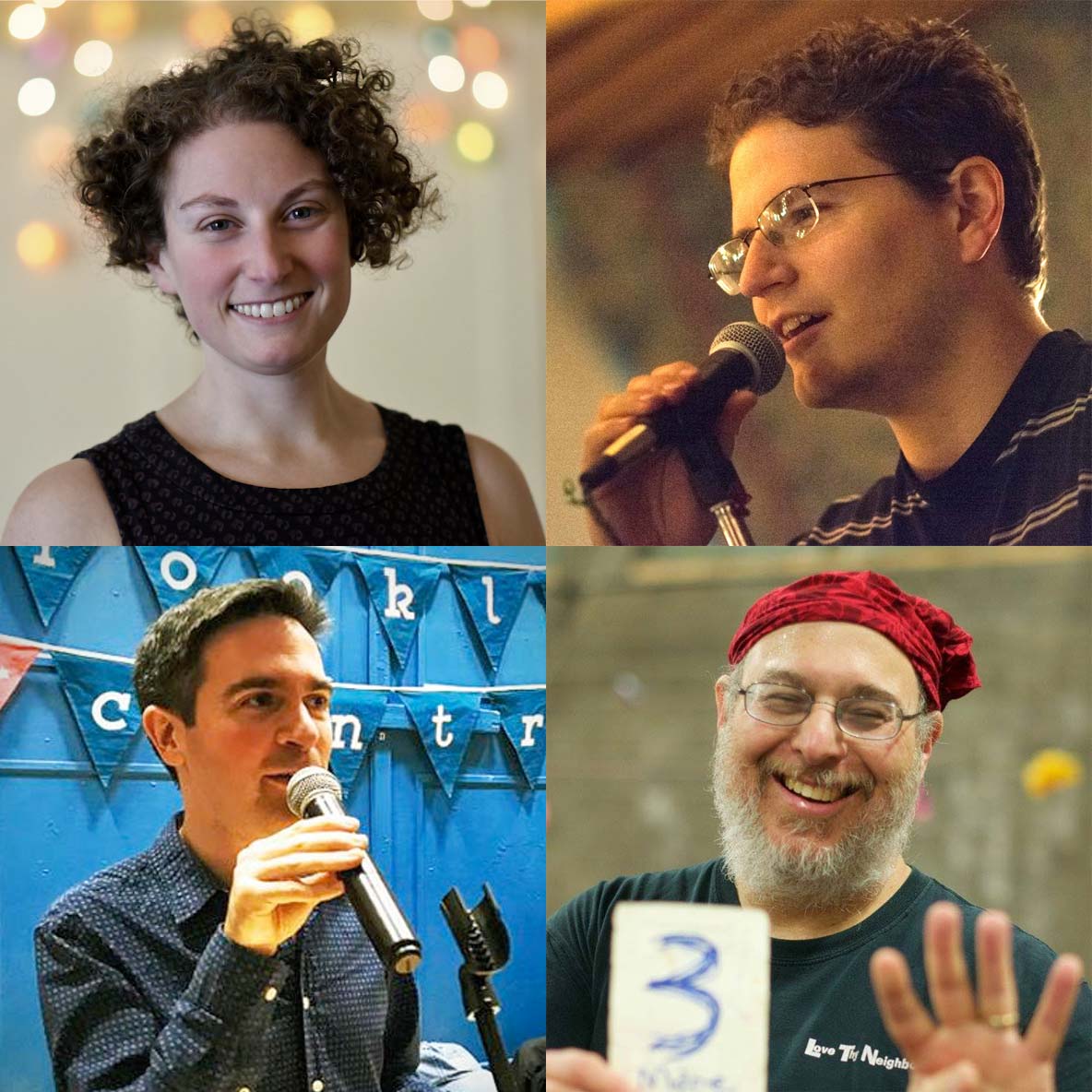
If you’re a contra dance caller, maybe you’ve dabbled in Larks & Robins, but have you tried positional calling? If you’re used to using gendered calls, but want to meet the needs of your changing community or other dances where you hope to get gigs, have you experimented with other role terms?
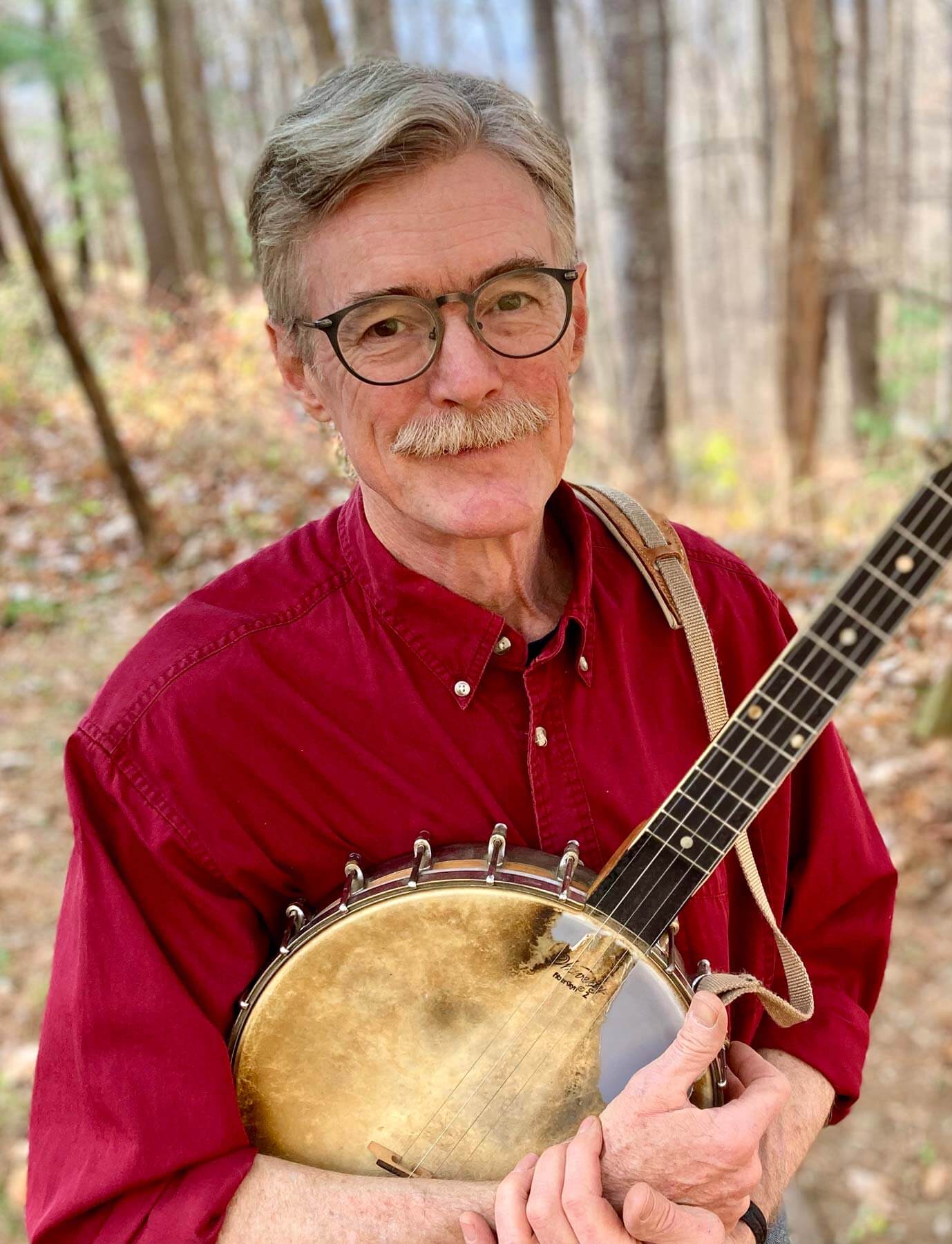
The music and dances of southern Appalachia have often been portrayed as culture that was brought to the U.S. from the British Isles. These traditions, in fact, have multicultural roots. They are a blend of earlier European, African, and Native American traditions, and they reflect the cultural and ethnic diversity of America.
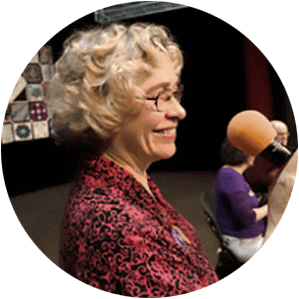
Neuro-linguistic programming (NLP) is a psychological approach patterned on strategies used by successful individuals to assist people to reach personal goals. Language strategies and patterns of behavior are used to enhance clarity of teaching dancers, and used to avoid obstacles that you as a caller may have experienced during a dance.

Julie Vallimont has been interviewing contra musicians for the Contra Pulse podcast over the past year – diving into their personal histories and exploring the growth and change of contra music and community over time.
In this special event, Julie will be hosting a panel discussion with four of the contra dance greats—Becky Tracy, Pete Sutherland, Rodney Miller, and Kate Barnes—about who their mentors and inspirations were, and how they’re mentoring and inspiring the next generation of contra musicians.
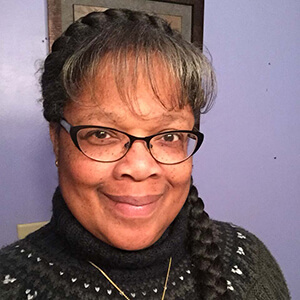
CDSS is committed to our core value of Inclusivity. As an arts organization, CDSS understands inclusivity to mean striving to promote cultural equity. Cultural equity embodies the values, policies, and practices of providing equal access to the arts, including our shared dance, music, and song traditions, especially to people who historically have been underrepresented or denied access to those traditions.
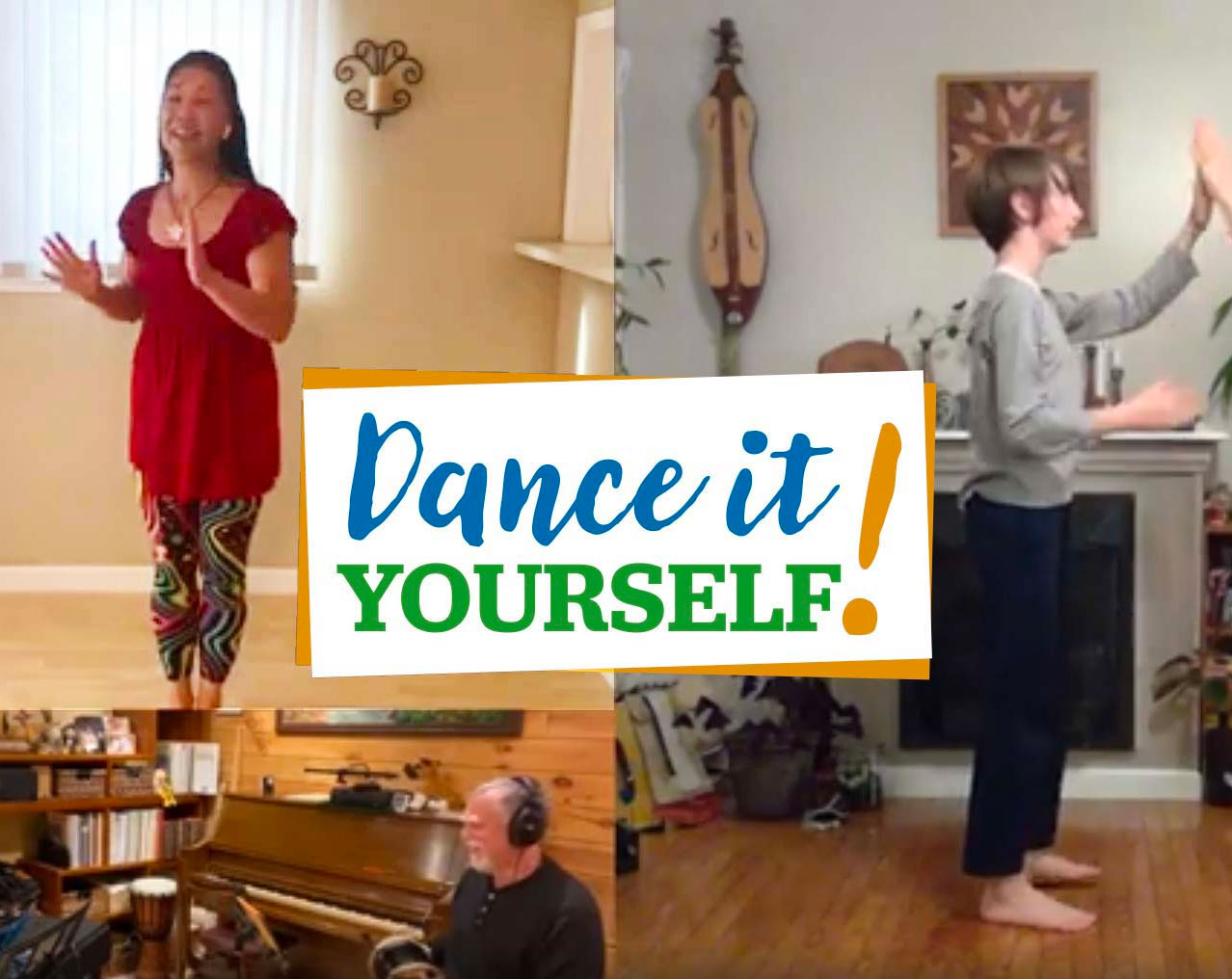
As the pandemic began, the CDSS Education Task Group created the Dance it Yourself video series to keep kids and families dancing while remaining safe at home. These six videos feature traditional dance callers, musicians, and a wide variety of dance styles, all of which can be done solo or in a couple.
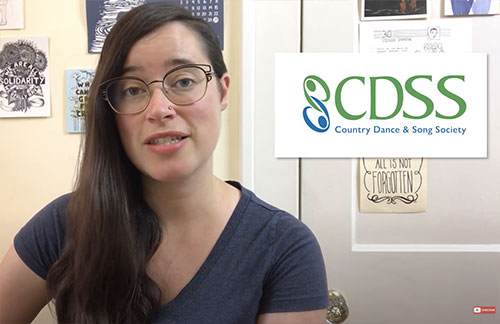
Join ballad singer and historian Saro Lynch-Thomason and Jeremy Carter-Gordon for a conversation about traditional song, social justice, sharing songs across race and culture, and trying to be relevant on TikTok! Saro is the creator of Songs that Speak, a YouTube documentary series about the history, conflicts and culture behind traditional songs. Jeremy Carter-Gordon of vocal harmony group Windborne will interview Saro about creating the series, the challenges and opportunities of using digital media to celebrate traditional songs, and finding ways to respectfully learn and share songs from diverse musical traditions.
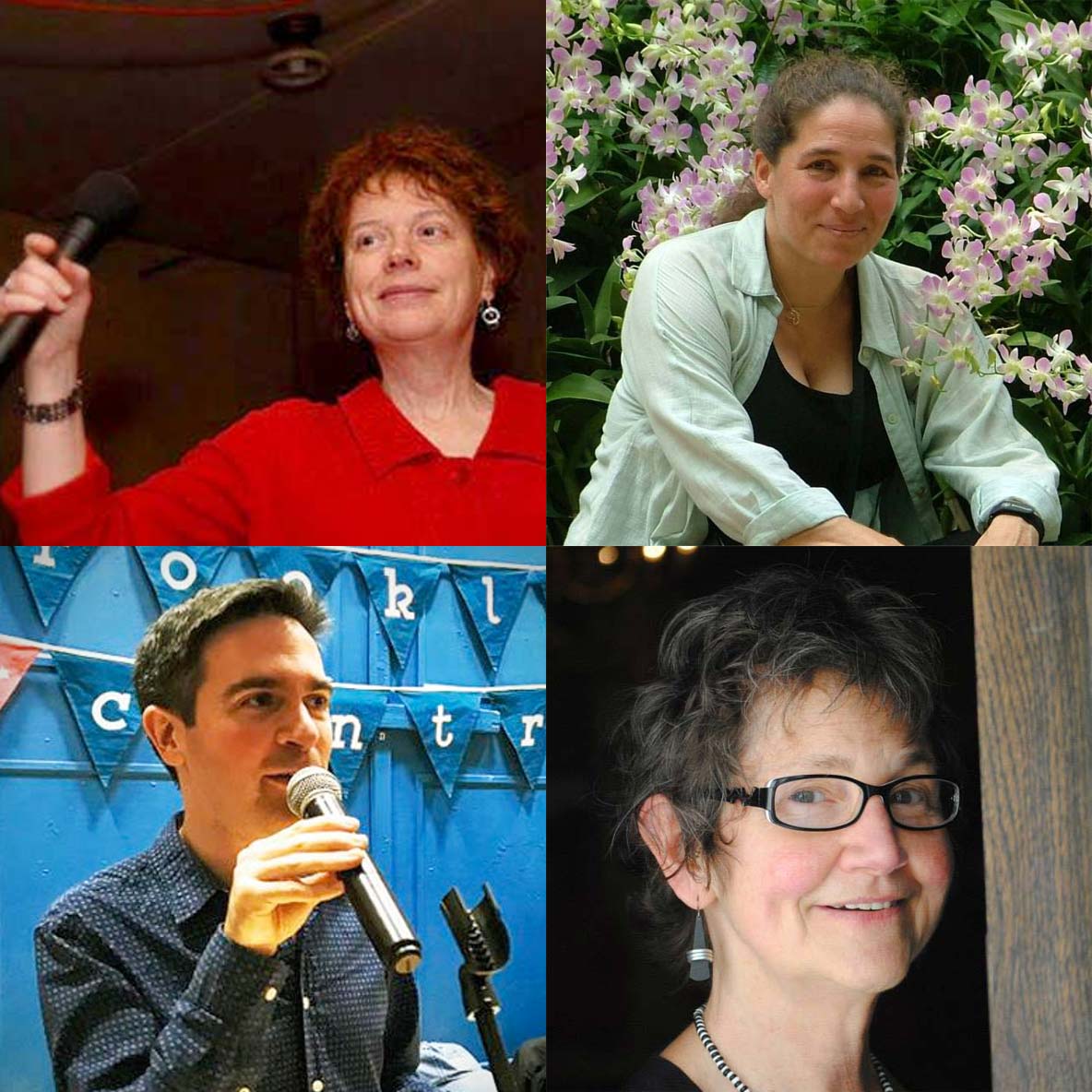
As organizations are beginning to contemplate holding in-person activities, and as small dance parties are already happening, it’s time for callers to get ready. Join our panel of dance leaders, Lisa Greenleaf, Cis Hinkle, Kalia Kliban, and Ben Sachs-Hamilton, as they explore what dancers will need, want, and expect once in-person dancing resumes, how callers and organizers will need to work together to help re-build the community, and more.